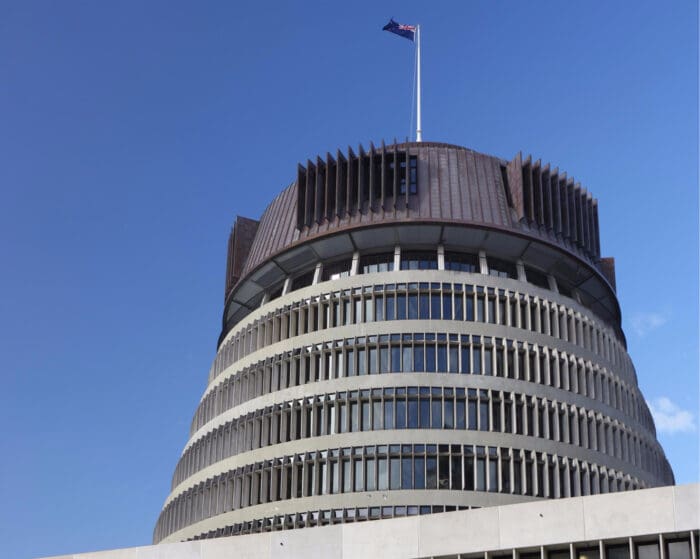How much do we really spend on mortgages?
When you sign up to a mortgage, chances are you’re not thinking about how much you will eventually end up paying. Most people, at least initially, borrow over the maximum term available which is generally 30 years. However, so much can happen during that time, meaning it’s often difficult to work out exactly what people will end up spending on their mortgage.
“All sorts of things can happen during the life of a housing plan,” says Geoff Bawden, Mortgage Adviser and director of Bawden Consulting Limited and Q Advisor Group.
“Interest rates fluctuate, people restructure their loans and borrow more to do things like home improvements and they might buy or sell several times during their borrowing life cycle,” he says.
In short, we know this: “If we make a couple of assumptions, like interest rates never change (and of course they do) and they only borrow once (which of course they won’t) and we use today’s market rate we know that the cost of a $500,000 mortgage if it ran its full loan term is likely to be somewhere around $950,000 to $1 million. So it is hugely significant,” he says.
Needless to say, for most people, the cost of servicing a home mortgage is likely to be the single biggest individual commitment they enter into.
Should we change it?
Currently, there is a rough gauge which says you should not spend much more than one third of your gross income on mortgage servicing. It goes without saying that, at its inception, the mortgage is manageable, otherwise it would not have been provided, says Authorised Financial Adviser Richard Trounson from Mortgage Supply Company.
“The Government and RBNZ recognise this so we now have the Responsible Lending Act which makes it incumbent on banks to make sure borrowers can afford repayments,” he says.
Of course, unexpected issues can tip the payment past one third of your income and lead to financial stress.
“Financial/budget mismanagement, unemployment or increased interest rates will create financial stress,” says Trounson. “There will be more stress if people have pushed themselves too hard to get into the property market as a means of gaining affluence and property prices fall and interest rates rise.”
According to Real Estate Institute of New Zealand figures from May this year the median house price in Auckland is $852,000, which means generally people in Auckland are servicing bigger mortgages. This in turn can push people out of the market, with some young people feeling that owning a property is beyond them.
So, is the ratio of spending one third of your income on your mortgage still relevant in todays’ society? Trounson thinks the equation broadly holds true, but believes it could be updated to be more in line with what is happening today.
“About a third seems manageable historically, but it should really be a bit lower now as wages have not risen in line with debt levels. With higher mortgages now that ratio could be a bit less, particularly as we are at the lows of the interest rate cycle. There is definitely more risk nowadays – earnings and wages have not kept up with house price rises. We are seeing more problems with servicing due to low incomes versus high property prices which are not that out of line with global developed cities.”
Geoff Bawden thinks one issue is that once people set up their mortgage – they ignore it. “Your mortgage has the potential to have the biggest impact on your outgoings. I obviously see many people about home loans and it just amazes me the number of people who have no idea what they pay each week, what interest rate they are on, whether their loan is fixed or floating and how long it has left to run.”
He believes the main thing borrowers need is good advice from someone with an overview of the market, who can provide guidance and options so the individual fully understands their circumstances.
Source: https://www.bayleys.co.nz/news/residential/mortgagematters
Contact us today
Angela Webb
Licensed under the REA Act 2008
Mobile: +64 27 349 1997
Office: +64 3 375 4700
angela.webb@bayleys.co.nz


